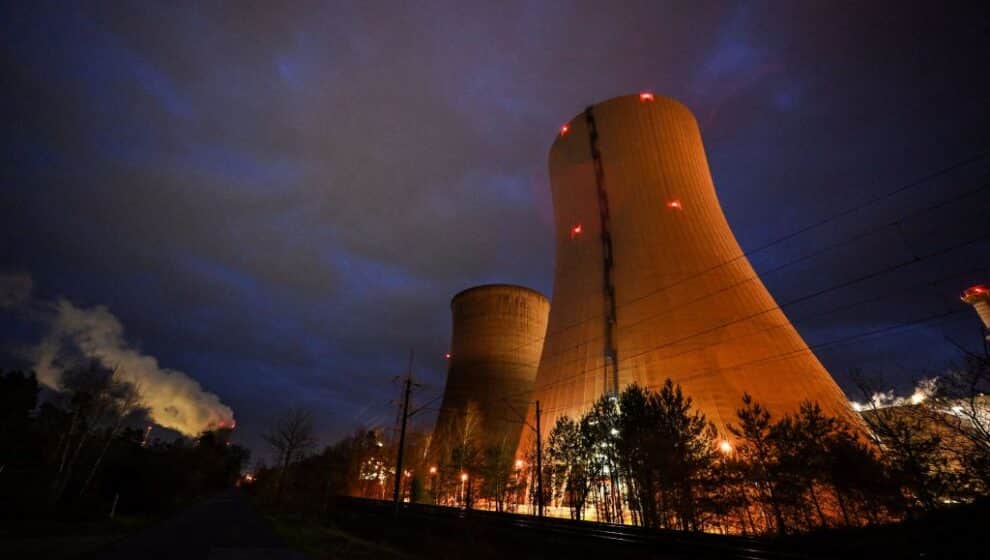Germany’s anti-nuclear movement has successfully protested and won—resulting in the last three nuclear power plants in the country being shut down in the midst of an ongoing energy crisis.
Key Details
- Saturday, April 15, will be the final day of operations for the final three operational nuclear power plants in Germany.
- All three plants were scheduled to shut down on December 31 but were extended amid energy shortages stemming from the ongoing war in Ukraine.
- The country has shut down 16 of its reactors since 1997, decreasing reliance on nuclear energy from 30.8% to 6%.
Why It’s News
As we previously reported, the dismantling of Germany’s nuclear-power plants has been on the agenda for decades, as a strong anti-nuclear movement has pushed repeatedly to phase them out. The country has faced persistent angst and controversy about the power source since the 1970s, with the Three Mile Island disaster, Chornobyl disaster, and Fukushima Meltdown spreading public fears about the power source.
The ongoing Russian invasion of Ukraine continues to stress European oil and gas supplies, which could create additional issues for Germany. The country uses 49% clean energy sources and 6% nuclear power, and the sitting Green Party government is betting that the growth of clean energy will make up for the loss.
Backing Up A Bit
Despite fears of mass-energy shortages and rationing, Europe was able to successfully navigate the winter months in the midst of an energy shortage. The EU has also pushed domestic clean energy solutions as an alternative to fossil fuels, attempting to rapidly shift the continent’s energy infrastructure towards preferred clean energy sources, with nuclear energy not being one of them.
Nuclear energy saw a brief resurgence in mid-2022 as the U.S. and EU explored opportunities and methods to shift away from fossil fuels—many U.S. states sought to lengthen the operational lifespans of several of its nuclear reactors. Canada, England, and Poland have explored developing new reactors. Germany briefly extended the operational lifespan of its reactors through 2022 amid the crisis.
Notable Quote
“There might have been a new discussion if the winter had been more difficult if there had been power cuts and gas shortages. But we had a winter without too many problems,” notes Neckarwestheim Mayor Jochen Winkler.

